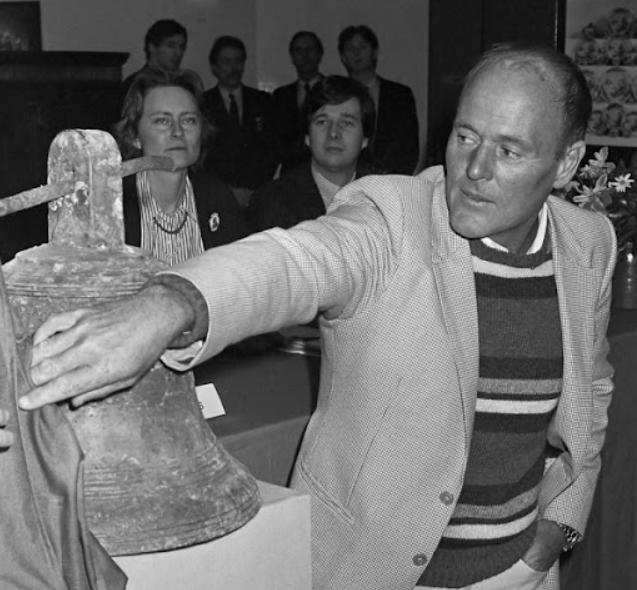When carrying out archaeological work, archaeologists generally adhere to the concept of equal emphasis on excavation and protection, because people know that if the protection of cultural relics is neglected during the excavation process, it will cause irreparable consequences.
But in the eyes of some self-interested people, cultural relics are nothing more than a "high-value commodity". They do not care about the thick history of cultural relics, but they will deliberately ignore the intangible value behind cultural relics and only regard them as a "luxury". For example, Mike Hatcher, a Professional Treasure Hunter in the United Kingdom, once found a large number of precious ancient porcelain in the waters of the South China Sea, which would have been a gratifying thing. But for various reasons, Mike Hatcher finally ordered the smashing of 650,000 pieces of antique porcelain of ordinary quality to make the rest of the ancient porcelain "appreciate", which is really painful.

In fact, in the late Qing Dynasty, a large number of so-called "explorers" from the West came to China to "search for treasures". Under the guise of "exploration", they have plundered a large number of precious cultural relics from our country by disgraceful means, causing many national treasures to be lost overseas. In the process, many other artifacts were damaged. For example, the Japanese monk and explorer Tachibana Ruichao once plundered a large number of Chinese cultural relics from the Mogao Grottoes in Dunhuang, China, but because he was born as a monk, his education was limited, and his own research level was not high, a large number of cultural relics were destroyed in his hands.
When it comes to the source of the loss of cultural relics in the Dunhuang Mogao Caves, we have to mention the British archaeologist MalcoOller Stein.
Born on November 26, 1862 to a Jewish family in Budapest, Hungary, Stein worked as a professor at the University of the Punjab. He was not only an archaeologist, but also a geographer, linguist, surveyor, and writer. What really made Stein "famous" was his "archaeological discoveries" in Central Asia and Dunhuang.
In 1898, Stein read a book called "Crossing Asia", written by the explorer Sven Hedin, who recorded some of his experiences in exploring the Asian region, which deeply moved Stein and made him fascinated by Asia. Within a few years, Stein embarked on a journey to Asia to find and study ancient artifacts.
In 1907, Stein came to the Mogao Grottoes in Dunhuang. When Stein inquired that a Taoist priest here had discovered a large number of precious ancient scriptures, he found a way to find him and bought 29 boxes of cultural relics from him for 40 pieces of horseshoe silver (about 200 taels). According to relevant information, these artifacts include more than 7,000 ancient Buddhist scriptures and countless ancient Buddhist paintings, and a precious printed copy of the Diamond Sutra has also been collected by Stein, which is the oldest printed text in the world.
As soon as this news came out, a large number of Western explorers rushed to Dunhuang. Some people followed Stein's example of buying cultural relics at low prices from Taoist monks, while others chose to "support themselves" and began to excavate the Mogao Caves destructively. In the days that followed, the Mogao Caves and the collections in the Mogao Caves were greatly damaged.
Stein, on the other hand, was highly praised and praised by Westerners for this, and also received the title of knight. In 1909, Stein was awarded the Founder's Medal by the Royal Geographical Society of England "in recognition of his extensive exploration and archaeological work in Central Asia". The Royal Asian Society of Mumbai also awarded him the first Campbell Memorial Gold Medal. In addition to this, he has received many commemorative medals, all from different institutions.
Stein received such high praise in the Western world because he helped the great powers divide and "divide" archaeological areas. At that time, all Western countries were staring at the "fat meat" of China, hoping that an excellent explorer would help them fill the gaps in the archaeological map and draw a "sphere of influence" for them on the territory of China. The actions of these well-mannered research institutes coincide with the aggressive activities carried out by their Governments.
(Source: Wikipedia)
#Jews#, #Dunhuang#, #宝贝 #
Author: Lin Ren
Editor-in-charge: Master Liu